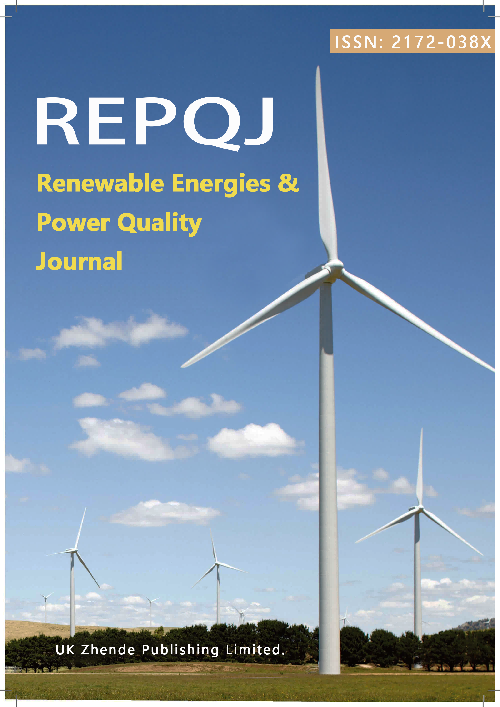Optimisation of water-free Phase Change Emulsions for cold energy storage
DOI:
https://doi.org/10.52152/4532Keywords:
Energy Storage, Pickering Emulsion, Phase Change Material, Polyethylene Glycol, D-LimoneneAbstract
The transition to sustainable energy systems is essential for reducing reliance on traditional fossil fuels and combating climate change. In this context, advanced energy storage technologies, such as Thermal Energy Storage (TES) systems, play a pivotal role. These systems utilize Phase Change Materials (PCMs) that store thermal energy through solid-liquid phase transitions. To enhance their flow behaviour, these materials can be dispersed in heat transfer fluids, resulting in Phase Change Emulsions (PCEs). However, current PCEs are primarily water-based, which imposes certain technical limitations. This study, therefore, aims to develop a novel energy storage approach by formulating anhydrous PCEs using mixtures of D-Limonene, polyethylene glycol 400, and silica nanoparticles, with potential applications in cold energy storage. The research investigates the effect of nanoparticle concentration (ranging from 0.1% to 4.8%) on the thermal, microstructural, and rheological properties of the PCEs. The results demonstrate that emulsions with appropriate nanoparticle content (0.1-1%) exhibit favourable thermal and rheological performance, highlighting their potential for applications in cold chain logistics and thermal comfort.
Downloads
Published
Issue
Section
License
Copyright (c) 2025 A. Tenorio-Alfonso, C. Delgado-Sánchez, A. A. Cuadri, P. Partal, A. Guerrero, F.J. Navarro (Author)

This work is licensed under a Creative Commons Attribution 4.0 International License.











